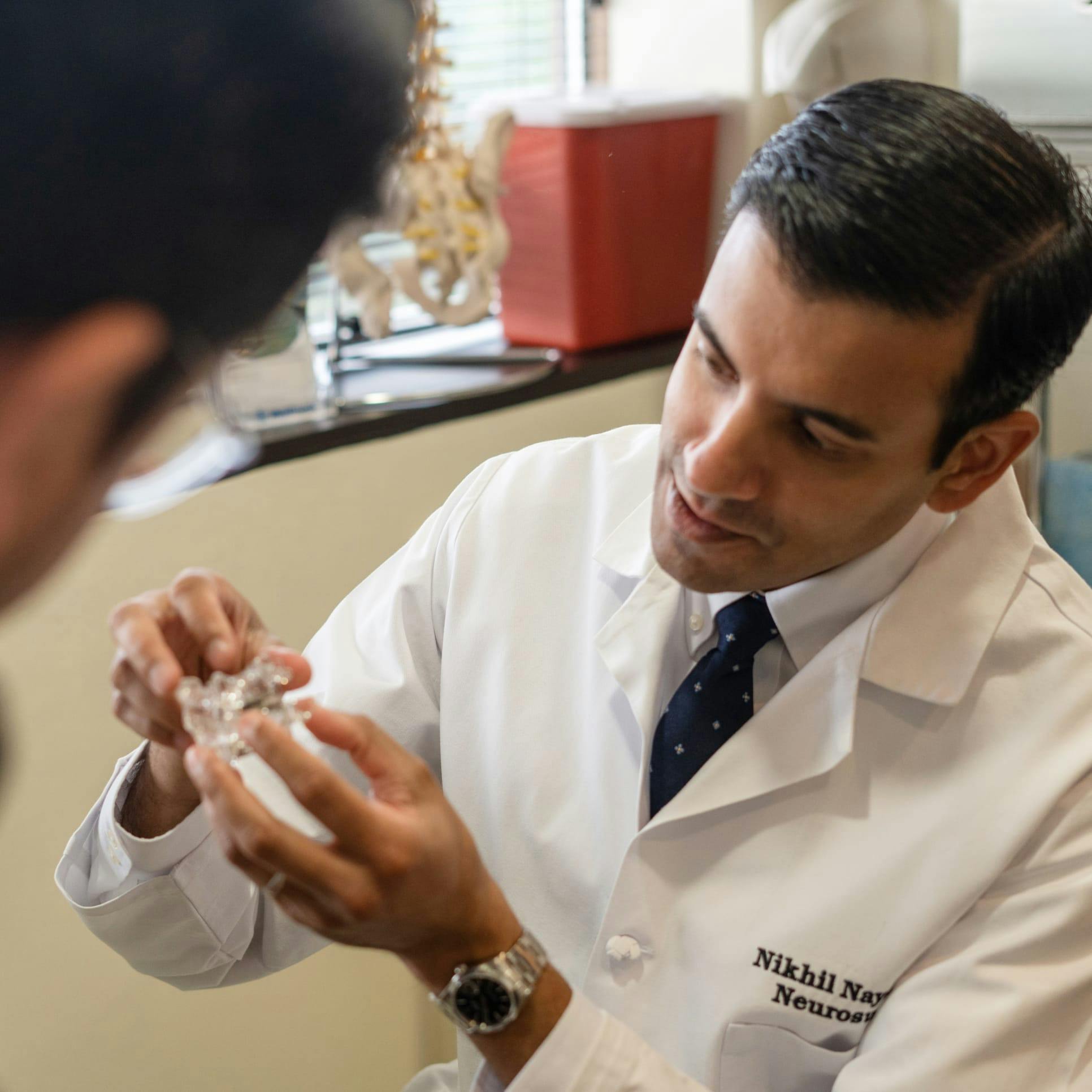Neurological-related congenital disorders refer to conditions that arise during fetal development, impacting the normal functioning of the nervous system. Specialized medical attention can help to manage symptoms and enhance quality of life.

Why Virginia Neurosurgeons in Arlington is so widely Trusted
Virginia Neurosurgeons stands at the forefront of addressing neurological congenital disorders with a legacy of excellence in neurosurgical care. Established in Arlington in 2001, our practice has evolved into the largest independent neurosurgical group in Northern Virginia. Our experienced and board-certified neurosurgeons, educated at highly renowned institutions, bring a comprehensive approach that integrates neurologic and biomechanical factors to address the whole picture. We prioritize ethical, compassionate care, aiming to improve mobility and enhance the quality of life for our patients.
Whether through surgical interventions, non-operative therapies, or open communication, our goal is to guide patients toward meaningful benefits and positive outcomes. With a focus on evidence-based practices, we strive to be trusted advocates and partners in our patients' neurological well-being.




